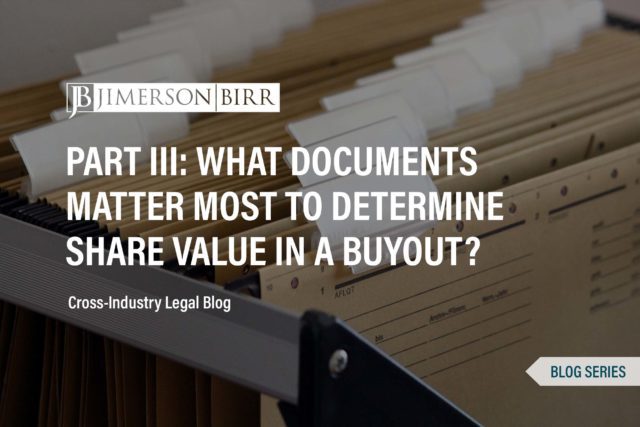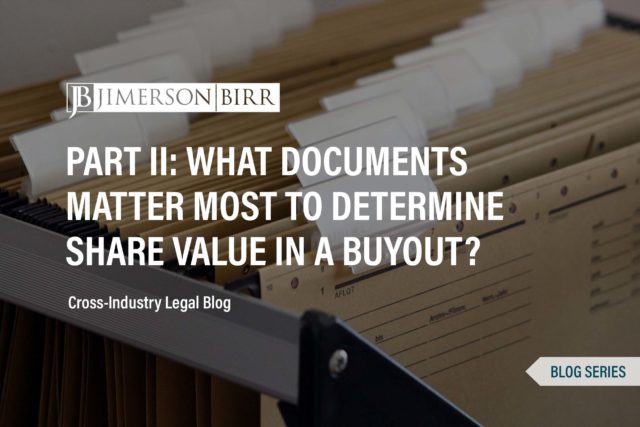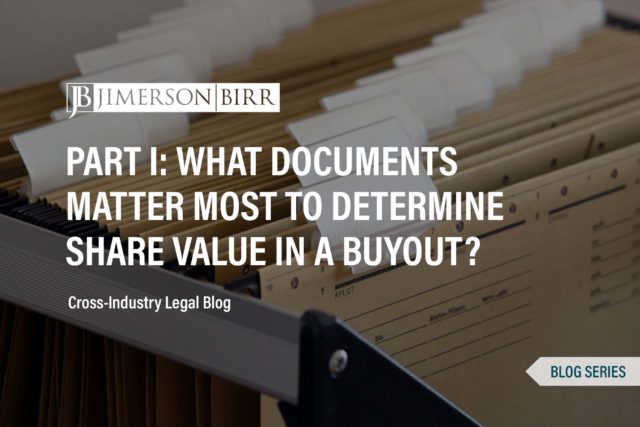How do event production and venue agreements affect hospitality businesses?
Event production and venue agreements wield a profound influence on hospitality businesses, shaping their revenue streams, operational strategies, and overall brand reputation. By delineating pricing structures, payment schedules, and additional fees, these agreements directly impact the financial health of businesses such as hotels, restaurants, and event venues. Furthermore, meticulous planning is necessitated to meet event requirements stipulated within these agreements, encompassing aspects like setup, equipment rentals, catering, and staffing needs. Successfully executed events can bolster a business’s brand image and reputation, fostering positive guest experiences and subsequent loyalty.
Conversely, mismanagement or disputes arising from venue agreements can lead to reputational damage and negative reviews. Moreover, adherence to legal requirements outlined in these agreements is imperative, encompassing liability, insurance, and compliance with regulations. However, adeptly navigating event production and venue agreements can provide a competitive edge, attracting clients through attractive packages and superior service offerings. Thus, these agreements are integral to the multifaceted operations and success of hospitality businesses.
Need help regarding event production and venue agreements? Schedule your consultation today with a top hospitality attorney.
In Florida, which laws and regulations apply to event production and venue agreements?
n Florida, several laws and regulations apply to event production and venue agreements, covering various aspects such as contractual obligations, liability, permits, and alcohol service. Some key laws and regulations include:
- Florida Statutes Chapter 509: This chapter outlines regulations governing lodging and food service establishments, including hotels, restaurants, and event venues. It covers licensing requirements, sanitation standards, safety regulations, and consumer protection provisions relevant to hospitality businesses hosting events.
- Contract Law: Event production and venue agreements in Florida are governed by general contract law principles, which establish the legal framework for agreements between parties. This includes terms regarding event rental, pricing, payment schedules, cancellation policies, and any other conditions agreed upon by the parties. Most of contract law is governed by Florida case law.
- Florida States, Chapter 627: This chapter covers insurance regulation for Florida. Florida’s laws regarding liability and insurance may impact event production and venue agreements. Businesses may be required to carry liability insurance to protect against potential damages or injuries that may occur during events. Agreements often specify the insurance requirements and liability provisions to allocate risks between parties.
- Florida Statutes Chapter 562: This chapter of the Florida Statutes regulates the sale and service of alcoholic beverages. It includes provisions related to licensing, permits, hours of operation, age restrictions, and responsible beverage service practices. These regulations are important for hospitality businesses that serve alcohol at events.
What are common issues regarding event production and venue agreements that lead to litigation?
Several common issues regarding event production and venue agreements can lead to litigation. These issues often arise due to misunderstandings, breaches of contract, or disputes over contractual terms. Some of the most frequent issues include:
- Payment Disputes: Disputes over payment terms, including pricing, deposit amounts, payment schedules, and additional fees, are common. Parties may disagree on the interpretation of payment provisions or fail to adhere to agreed-upon payment deadlines, leading to financial disputes and potential litigation.
- Cancellation and Force Majeure: Events may need to be canceled or postponed due to unforeseen circumstances, such as natural disasters, pandemics, or government regulations. Disputes can arise over the application of force majeure clauses, which determine the rights and obligations of parties in the event of unforeseeable circumstances affecting the performance of the agreement.
- Venue Access and Availability: Issues related to venue access, availability, and exclusivity can lead to conflicts between parties. Disputes may arise if the venue is not made available as agreed upon, if there are scheduling conflicts with other events, or if access to certain areas of the venue is restricted.
- Event Setup and Technical Requirements: Disputes may occur over event setup, technical requirements, and equipment rentals. Parties may disagree on the scope of services provided, the quality of equipment supplied, or the adequacy of technical support, leading to dissatisfaction and potential legal action.
- Damage and Liability: Parties may dispute responsibility for damages to the venue or property during the event. Issues related to liability insurance coverage, indemnification clauses, and negligence claims can result in litigation if parties cannot reach a resolution outside of court.
- Performance and Quality of Services: Disputes may arise if one party fails to meet the agreed-upon standards for event production or venue services. This can include issues with catering, entertainment, décor, cleanliness, or customer service, leading to dissatisfaction and potential legal action for breach of contract.
- Intellectual Property Rights: Issues related to intellectual property rights, such as copyright infringement or unauthorized use of trademarks or logos, can lead to litigation. Parties may dispute ownership or usage rights of creative materials, promotional content, or branding elements associated with the event.
- Misrepresentation and Fraud: Allegations of misrepresentation, fraud, or deceptive practices can lead to litigation if one party believes they were misled or deceived during contract negotiations. This can include false promises, omissions of material facts, or intentional misrepresentations regarding the terms or conditions of the agreement.
We are value-based attorneys at Jimerson Birr, which means we look at each action with our clients from the point of view of costs and benefits while reducing liability. Then, based on our client’s objectives, we chart a path to seek appropriate remedies.
To determine whether your unique situation may necessitate litigation, please contact our office to set up your initial consultation.
What steps should businesses take to minimize the risk of litigation over event production or venue agreements?
- Clear and Comprehensive Contracts: Draft clear, detailed, and comprehensive contracts that outline all terms and conditions of the agreement, including pricing, payment terms, cancellation policies, event specifications, and responsibilities of each party. Ensure that all parties involved fully understand and agree to the terms before signing the contract.
- Legal Review: Seek legal guidance from experienced attorneys specializing in contract law and hospitality industry regulations. Have legal professionals review and provide input on event production and venue agreements to ensure compliance with relevant laws, mitigate legal risks, and address potential areas of dispute.
- Open Communication: Maintain open and transparent communication with clients, vendors, and other parties involved in event production and venue agreements. Address any concerns or questions promptly and proactively discuss potential issues or changes to the agreement to prevent misunderstandings or disputes from escalating.
- Risk Assessment and Mitigation: Conduct a thorough risk assessment to identify potential risks associated with hosting events and renting venues. Develop risk mitigation strategies to address identified risks, such as obtaining appropriate insurance coverage, implementing safety measures, and establishing contingency plans for unforeseen circumstances.
- Documentation and Record-Keeping: Maintain detailed records of all communications, agreements, and transactions related to event production and venue agreements. Document any changes or amendments to the contract in writing and ensure that all parties receive copies for their records. Proper documentation can serve as valuable evidence in the event of a dispute.
- Compliance with Regulations: Stay informed about relevant laws, regulations, and industry standards governing event production, venue operations, and contractual agreements. Ensure compliance with legal requirements, such as permits, licenses, zoning regulations, health and safety standards, and alcohol beverage laws, to avoid potential legal issues.
- Dispute Resolution Mechanisms: Include dispute resolution mechanisms, such as mediation or arbitration clauses, in event production and venue agreements to provide a structured process for resolving conflicts outside of court. Specify procedures for dispute resolution, including the selection of a neutral mediator or arbitrator and the timeline for resolution.
- Professional Relationships and Reputation Management: Build and maintain positive relationships with clients, vendors, and other stakeholders involved in event production and venue agreements. Prioritize customer satisfaction, deliver high-quality services, and uphold your business’s reputation for reliability, professionalism, and integrity to minimize the likelihood of disputes escalating to litigation.
Frequently Asked Questions
What should be included in an event production and venue agreement?
Key components of the agreement typically include details about the event date, time, and duration, rental fees, payment terms, deposit requirements, cancellation policies, event setup specifications, equipment needs, catering arrangements, liability and insurance provisions, and any other relevant terms negotiated between the parties.
What is a force majeure clause, and why is it important in an event and production and venue agreement?
A force majeure clause is a contractual provision that excuses parties from fulfilling their contractual obligations in the event of unforeseeable circumstances beyond their control, such as natural disasters, pandemics, or government actions. This clause is crucial in event production and venue agreements to address situations where events may need to be canceled or postponed due to circumstances outside of the parties’ control.
What happens if there is damage to the venue during the event?
Event production and venue agreements typically include provisions addressing liability for damages to the venue or property during the event. Parties may be required to carry liability insurance to cover potential damages, and the agreement may outline procedures for reporting and resolving damage claims.
Have more questions about an event production or venue agreement-related situation?
Crucially, this overview of event production and venue agreements does not begin to cover all the laws implicated by this issue or the factors that may compel the application of such laws. Every case is unique, and the laws can produce different outcomes depending on the individual circumstances.
Jimerson Birr attorneys guide our clients to help make informed decisions while ensuring their rights are respected and protected. Our lawyers are highly trained and experienced in the nuances of the law, so they can accurately interpret statutes and case law and holistically prepare individuals or companies for their legal endeavors. Through this intense personal investment and advocacy, our lawyers will help resolve the issue’s complicated legal problems efficiently and effectively.
Having a Jimerson Birr attorney on your side means securing a team of seasoned, multi-dimensional, cross-functional legal professionals. Whether it is a transaction, an operational issue, a regulatory challenge, or a contested legal predicament that may require court intervention, we remain tireless advocates at every step. Being a value-added law firm means putting the client at the forefront of everything we do. We use our experience to help our clients navigate even the most complex problems and come out the other side triumphant.
If you want to understand your case, the merits of your claim or defense, potential monetary awards, or the amount of exposure you face, you should speak with a qualified Jimerson Birr lawyer. Our experienced team of attorneys is here to help. Call Jimerson Birr at (904) 389-0050 or use the contact form to schedule a consultation.

We live by our 7 Superior Service Commitments
- Conferring Client-Defined Value
- Efficient and Cost-Effective
- Accessibility
- Delivering an Experience While Delivering Results
- Meaningful and Enduring Partnership
- Exceptional Communication Based Upon Listening
- Accountability to Goals











